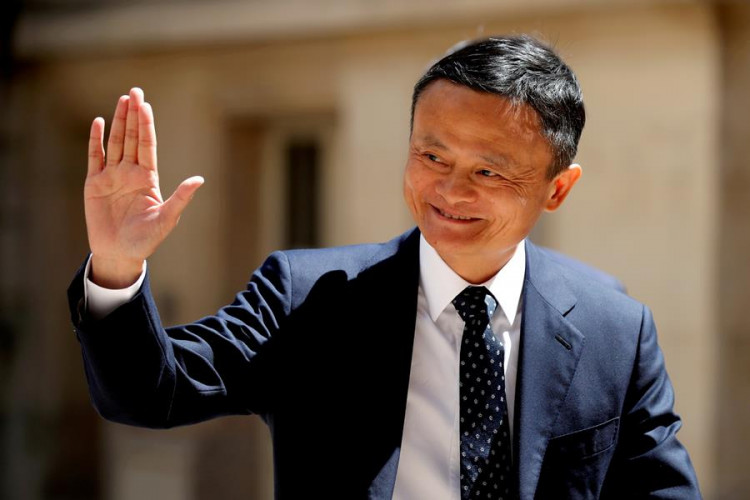Chinese President Xi Jinping convened a high-profile meeting with leading private-sector executives, including Alibaba co-founder Jack Ma, in Beijing on Monday, in a move widely seen as an effort to reassure the business community following years of regulatory crackdowns. The meeting at the Great Hall of the People included the heads of Huawei, BYD, CATL, and Xiaomi, among others, and came amid growing concerns over China's slowing economy and strained investor confidence.
Ma's attendance was particularly notable given his central role in China's regulatory crackdown on private enterprise, which began after his 2020 speech criticizing financial regulators. His subsequent disappearance from public view and the regulatory onslaught that followed wiped out more than $1 trillion in market value from Chinese tech firms. His presence at the meeting signals what some analysts interpret as a shift toward a more business-friendly environment.
Xi has not publicly disclosed the specifics of his remarks, but state broadcaster CCTV released images of the gathering, showing Ma applauding as Xi entered the room. The meeting follows growing pressure on Beijing to stimulate economic growth, which has been hindered by a struggling property sector, low consumer confidence, and rising youth unemployment.
Angela Huyue Zhang, a law professor at the University of Southern California and an expert on China's tech regulation, said the meeting underscores a recalibration of policy. "With the domestic economy slowing and geopolitical pressures escalating, the government is making it clear that it values and relies on the private sector to drive innovation and stimulate growth," she said.
Chinese markets responded cautiously to the event. The Hang Seng China Enterprises Index, which tracks major Chinese firms, had initially rallied on reports of the meeting but lost 1% on Monday. Baidu, notably absent from the event, saw its shares drop more than 8% after investors failed to spot its executives in footage of the gathering.
Private enterprises play a crucial role in China's economy, contributing more than 60% to the nation's GDP and over 80% of employment. However, the regulatory campaigns of recent years have left many business leaders wary. The crackdown targeted companies across multiple industries, including Tencent, ride-hailing giant Didi, and food-delivery platform Meituan. In 2021, Beijing also announced sweeping restrictions on the for-profit education sector, sending shockwaves through global investors.
Fred Hu, chairman of investment firm Primavera Capital, described the meeting as a "major course correction" for China's approach to the private sector. "The private sector, long the backbone of the Chinese economy and the most important growth engine, has been battered in recent years by mounting policy and regulatory uncertainties, with dire consequences to China's economy, and worse, to its labor market with rising youth unemployment," Hu told Reuters.
The presence of executives from China's artificial intelligence sector, including DeepSeek CEO Liang Wenfeng, added to speculation that Beijing is now prioritizing tech innovation as a key driver of economic recovery. DeepSeek, a Chinese AI startup, recently made headlines after launching a model that rivals those of leading U.S. firms at a significantly lower cost, sparking optimism within the domestic tech industry.
Observers noted that some major companies, including ByteDance, the parent company of TikTok, were missing from the guest list. The exclusion of certain firms has led to speculation that Beijing remains selective in its engagement with the private sector, favoring those seen as aligned with national interests.
A research note from Trivium China, an independent firm analyzing Chinese policy, described the meeting as "high stakes," pointing out that a similar meeting in 2018 preceded the regulatory clampdown on private businesses. "If Xi can convince attendees (and the markets) that he is now pro-business, it will go a long way to rousing animal spirits and putting the economy on a better trajectory," the firm wrote. "But if Xi uses the symposium to emphasise that private companies prosper at the will of the state, it could tank sentiment even further."






